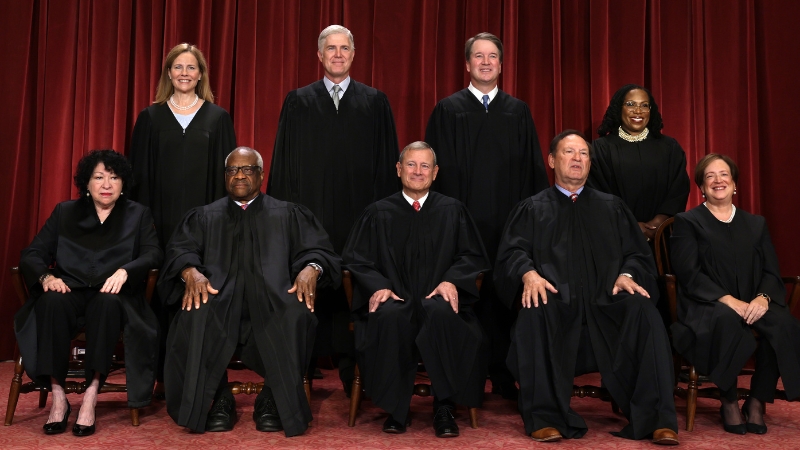
Eliminating taxes on tips will provide some (limited) relief from the Federal Reserve’s inflation tax.
Donald Trump recently promised that, if he wins the November election, he will support eliminating taxes on tips as part of his proposal to renew and expand the 2017 tax cuts. This tax law change would be a long overdue boost for millions of Americans.
Tips often comprise a substantial portion of the earnings of waiters and waitresses, as well as of other service-sector employees. However, unlike regular wages, a service-sector employee usually has no guarantee of, or legal right to, a tip. Instead, the amount of a tip usually depends on how well an employee satisfies his customers. Since the amount of taxes one pays increases along with the size of tips, taxing tips punishes workers for doing a superior job!
Many service-sector employees are young people trying to make money to pay for their education, or single parents struggling to provide for their children. Making tips tax free gives these hard-working Americans an immediate pay raise. A person may use this pay raise to devote more resources to his children’s or his own education, to save for a home or retirement, or to start a business.
Eliminating taxes on tips will provide some (limited) relief from the Federal Reserve’s inflation tax. This tax results from the decline in the dollar’s purchasing power caused by the Federal Reserve’s monetization of federal debt. The inflation tax is the worst form of tax because it is hidden. Thus, most people will not blame the Fed for higher prices. The inflation tax is also regressive, as price inflation is more of a burden to those at the lower end of the income scale than to billionaires. The Fed-created price inflation has forced many Americans to work two jobs.
This is not to suggest that reducing taxes on tips will fully compensate working people for the income they lose to the inflation tax. The best way Congress can help relieve the people of the inflation tax is to cut federal spending that leads to the Federal Reserve monetizing debt. Congress should also pass a law forbidding the Fed from monetizing debt by purchasing federal debt instruments.
It is also long past time to stop talking about tax cuts “costing” the government money. Talking about tax cuts in terms of how much money they cost the government, as opposed to how much money they leave in the hands of the people, accepts the premise that the government has a greater moral claim to the money than those who actually earned it. In truth, saying cutting taxes cost the government money makes as much sense as saying stopping a mugger from taking everything in your wallet “cost” the mugger money. Instead of worrying about how much tax cuts cost the government, the politicians should worry about how much welfare and warfare spending cost taxpayers.
The idea that tax cuts should only be supported if they promote “efficiency” should also be rejected. All tax cuts promote efficiency because, as economist and Ludwig von Mises Institute President Thomas DiLorenzo put it, “private individuals always spend their own money more efficiently than government bureaucrats do.” Instead of worrying about whether the government can “afford” tax cuts or whether tax cuts promote economic efficiency, those concerned about the government deficit should focus their efforts on reducing government spending. If the government stopped trying to run our lives and run the world, there would be no need to punish hard-working [people].
This article first appeared at RonPaulInstitute.org.




